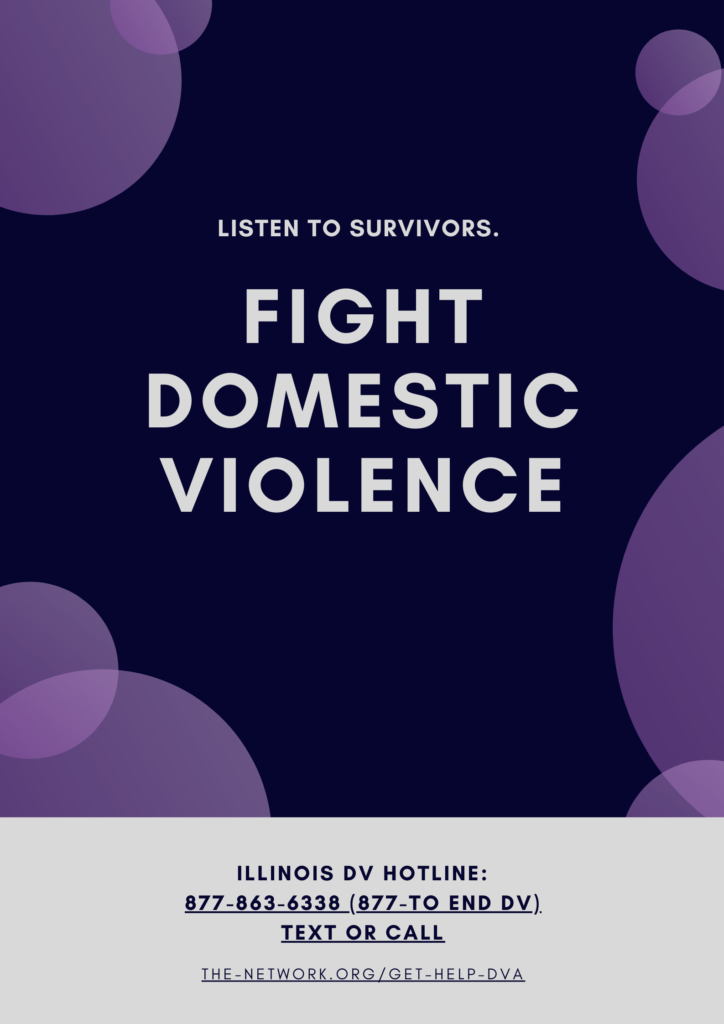Threats of Punishment Don’t Create Safety
In an editorial Friday, the Sun-Times reports that State Senate Republicans want to toughen the law and upgrade order of protection violations from a misdemeanor to a Class 4 felony. The editorial suggests this will deter violence and create safety. Unfortunately, that is a misconception.
The Department of Justice’s National Institute of Justice’s “Five Things About Deterrence” summarizes a large and complex body of research to find no evidence that increasing the severity of punishment acts as a deterrent. In essence, if the order of protection alone does not create safety, increasing the punishment for violating it won’t help.
In actuality, one of the most dangerous times for a person experiencing intimate partner violence is when the person experiencing violence leaves. Because abuse is about power and control, threats to that power can escalate the violence. It is the loss of control which the abuser is experiencing that increases the threat; it is not that the potential punishment is trivial.

If we want to protect people fleeing abuse at home, we need to improve services to assist them in creating their own safety. The Network’s 2023 Budget Ask outlines how we can keep people in crisis safe while they are removing themselves from a violent partner. FIrst and foremost is to fund and expand services which assist women leaving violent partners: housing assistance and crisis funding directly to survivors. The Network’s last data report on domestic violence in Illinois shows that when people go to service providers for help leaving a violent partner, 45% are in need of permanent housing, of which 67% do not find it. Domestic violence has long been recognized as a driver of homelessness.
Additionally, increased funding for legal aid and for prevention education will have a greater impact on the reduction of intimate partner violence than stiffer penalties for violations of orders of protection.
The editorial is right: “Illinois lawmakers should, at the very least, talk with domestic violence experts and survivors on the idea.” But they should be prepared to listen to survivors and advocates about what support they truly need.
